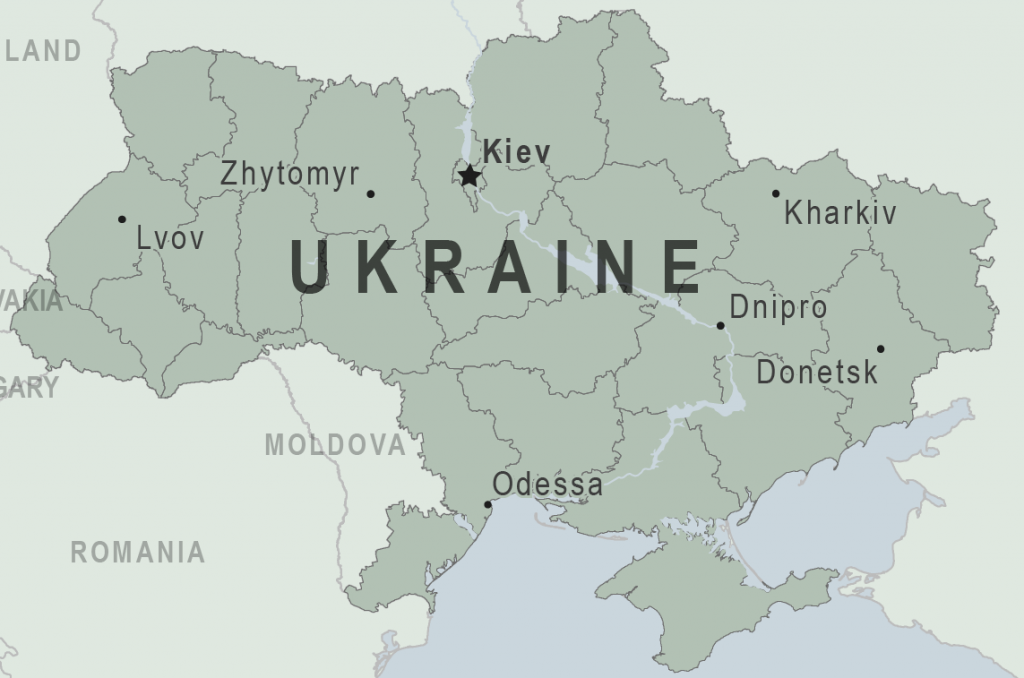
Military posturing fans the flames of war in Europe
Keir Starmer has chosen the moment of mounting tensions over Ukraine to announce that ‘Labour’s commitment to Nato is unshakable’, attempting to justify his stance with selective and inaccurate statements about the defensive and democratic character of the North Atlantic Alliance and accusing those who disagree of showing solidarity with Putin.
Nato is not ‘a defensive alliance that has never provoked conflict’ nor does it provide a ‘guarantee of democracy and security’ as the people of Afghanistan, Iraq, Libya and elsewhere will readily testify, whose countries have been shattered and lives destroyed by two decades of war.
Neither has Nato ‘ushered in what is now approaching three-quarters of a century of peace between the nations of Europe’. Nato’s bombardment of Yugoslavia in 1999 was the first military attack on a sovereign European country since the end of World War II. It took place without UN approval and is widely regarded as illegal under international law.
Even Denis Healey, who Starmer describes as a ‘giant of the Labour movement’, argued: ‘It was a terrible mistake to attack a sovereign state without even consulting the United Nations… we should have asked Richard Holbrooke [US ambassador to the UN] to have another go at negotiation.’
In contradistinction to the benign picture Starmer seeks to paint, Nato’s evolution includes:
- The North Atlantic Alliance is a nuclear-armed alliance committed to using nuclear weapons pre-emptively in a military conflict whether or not its adversaries possess nuclear weapons. Since the 1950s, Nato has rejected successive calls to adopt a nuclear no-first use policy.
- Declassified US documents testify to the fact that the use of nuclear weapons was actively considered during Nato’s first military engagement, the Korean war of 1950-53.
- The Warsaw Pact dissolved in July 1991 after the collapse of the Soviet Union. By contrast Nato extended its area of operations. In the ensuing three decades, it has expanded its mission statement and enlarged its membership.
- There are currently 30 Nato member states. Additionally, Nato works with 40 non-member partner states across the globe on a wide range of political and security-related issues. Full Nato members in East Europe include Poland, Hungary, Czech Republic, Bulgaria, Rumania, and Albania, and the Baltic states of Estonia, Latvia, and Lithuania which border Russia. Nato partners with borders on Russia include Finland, Belarus, Ukraine, and Kazakhstan. Russia’s near abroad – Armenia, Azerbaijan, Georgia, Kyrgyz Republic, Tajikistan, Turkmenistan, and Uzbekistan – are also Nato partners.
- Three Nato members are nuclear weapons states – Britain, France and the US. Five European members – Belgium, Germany, Italy, Netherlands, and Turkey – host US nuclear weapons on their territories and are pledged to deploy them if Nato so commands.
Tensions between Nato and Russia have been building for three decades. Ukraine must not become the pretext for a military clash between two nuclear armed adversaries.
Labour CND calls for de-escalation and dialogue, not a build-up of armaments and troops leading to the brink of a war in which the people of Ukraine will be the losers. This is a strategy of sanity, in contrast to the military posturings of Britain and the US which fan the flames of war in Europe.
Download a copy for circulation here
